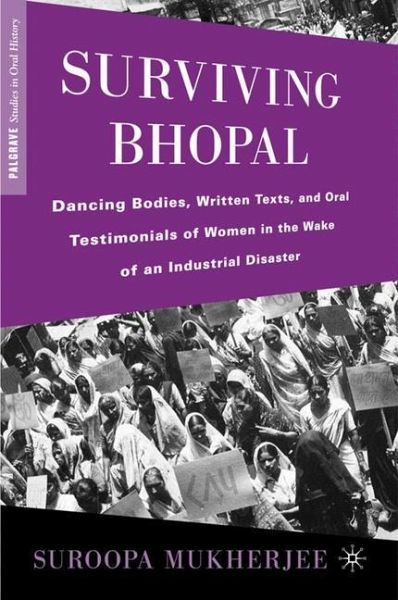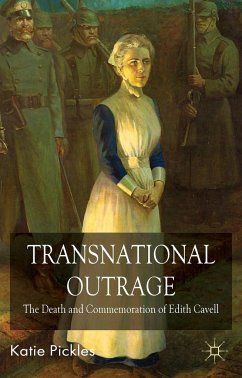
Surviving Bhopal
Dancing Bodies, Written Texts, and Oral Testimonials of Women in the Wake of an Industrial Disaster

PAYBACK Punkte
19 °P sammeln!
On December 2-3, 1984, India witnessed arguably the world s worst industrial disaster in Bhopal, Madhya Pradesh, which continues to this day as an economic, medical, environmental, and political disaster. Surviving Bhopal draws on oral testimonials of the affected community and analyzes the cause and aftermath of the disaster from the perspective of those who suffered the severe consequences of systemic failure and travesty of justice. The event resulted in a resistance movement, led by women, against corporate and state power. Mukherjee explores the underlying gender politics, showing how act...
On December 2-3, 1984, India witnessed arguably the world s worst industrial disaster in Bhopal, Madhya Pradesh, which continues to this day as an economic, medical, environmental, and political disaster. Surviving Bhopal draws on oral testimonials of the affected community and analyzes the cause and aftermath of the disaster from the perspective of those who suffered the severe consequences of systemic failure and travesty of justice. The event resulted in a resistance movement, led by women, against corporate and state power. Mukherjee explores the underlying gender politics, showing how activism challenged and redefined the contemporary model of development.














